Do politicians use, abuse artists?
The story of artists, particularly musicians in Malawi, is synonymous with the biblical story of the rejected stone that became a cornerstone.
Many times when artists demand protection, promotion and support from politicians who mostly happen to be lawmakers, they are usually rebuffed. Yet they form an integral part of their political campaign. From the names of Lucius Banda, (Phungu) Joseph Nkasa to rapper Tay Grin, the list of musicians who have helped politicians on the campaign trail is long.
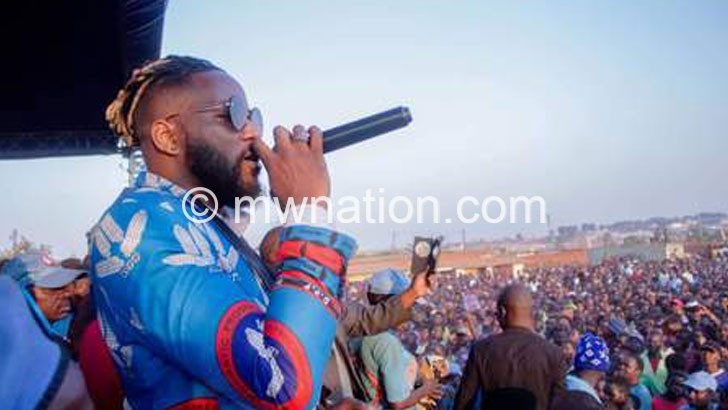
On Saturday in Lilongwe during Democratic Progressive Party (DPP) rally held at Mgona Township there were also different artists spiced up the event.
From live music performances to traditional dances by energetic women wiggling their waists like they have no bones, the rally was hyped by arts and entertainment. Whenever the atmosphere was becoming dull, a musician or dancer was invited to the podium to raise the bar of morale.
Notable musicians included Dan Lu and Lawrence Mbenjere who drummed up support for the DPP’s 2025 bid.
Taking turns, Mbenjere and Dan Lu praised the DPP leadership, accusing the Tonse Alliance of failure to protect the interests of poor people. Their songs centred around the escalating cost of living which is biting Malawians hard.
The two artists’ approach to tackle politics was creative. They used the power of their music to grab the attention of the people.
Mbenjere employed the gulewamkulu stunt to drive a powerful political message home.
Deeply rooted in Chewa accent and gulewamkulu beat, his music resonated well with the audience. On the other hand, Dan Lu capitalised on his new release Tulani Pansi to appeal to the audience.
The service of the artists, who included cultural dances, are also used during presidential functions.
Just last week, President Lazarus Chakwera was treated to an incredible Ngoni guard of honour in the Northern Region.
Besides entertainment, artists and music are used to attract mammoth crowds during political events. Imagine, a political rally without music.
Despite artists playing a significant role in shaping politics in the country, they continue to suffer. Their loud cries fall on deaf ears of the same politicians when they are in business suits in the National Assembly.
For example, during the last meeting of Parliament, the long-awaited National Arts and Heritage Council (Nahec) Bill did not see the light of the day. This is the Bill that artists have been pushing for a decade now.
When passed into an Act of Parliament, the legislation is expected to improve the economic welfare of artists through job creation and empowerment of the youth in line with Malawi 2063 development strategy.
Richard Muphuwa, one of the country’s arts and cultural activists said: “The creative sector is the engine of job creation and youth empowerment programmes. The Nahec Bill is not only for the promotion of heritage, but also economic empowerment for the jobless young people.
“Through the Nahec, arts associations will be able to implement different arts and cultural related programmes that will create employment for majority of young people.”
In a separate interview, arts enthusiast Blessings Chiringa said artists should be careful when politicians are using them for campaign.
“It is OK to perform if they are convinced that they support the political parties involved. But if they do it just for the money, then they may pay a heavy price in the end as they may promote something that may come back to haunt them,” he said.
As political parties continue to tussle for support and power, we are assured of seeing more and more artists playing a role in the political activities.


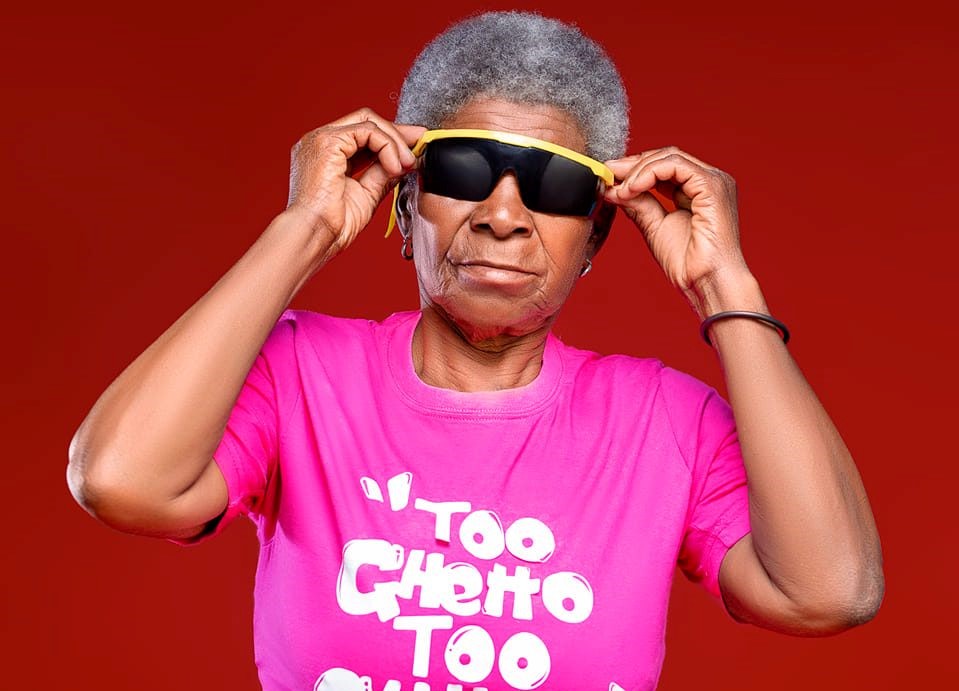
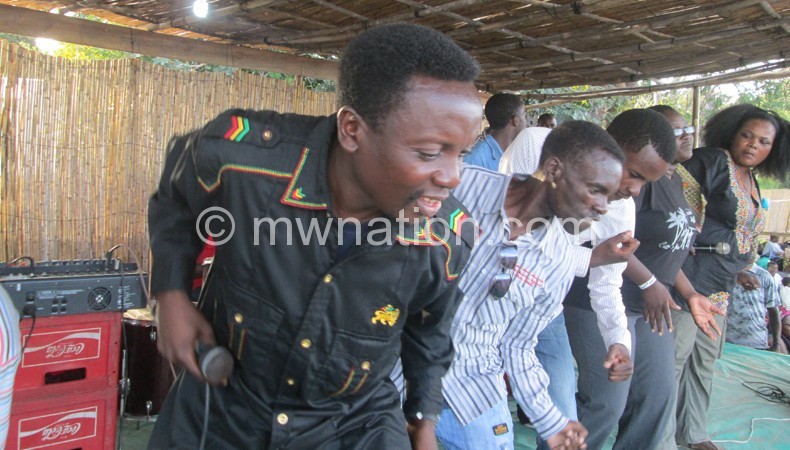
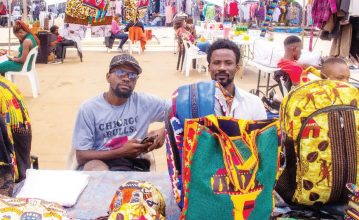
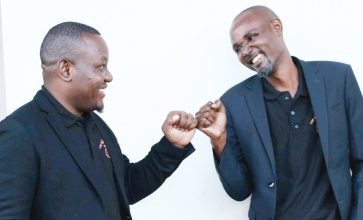
One Comment